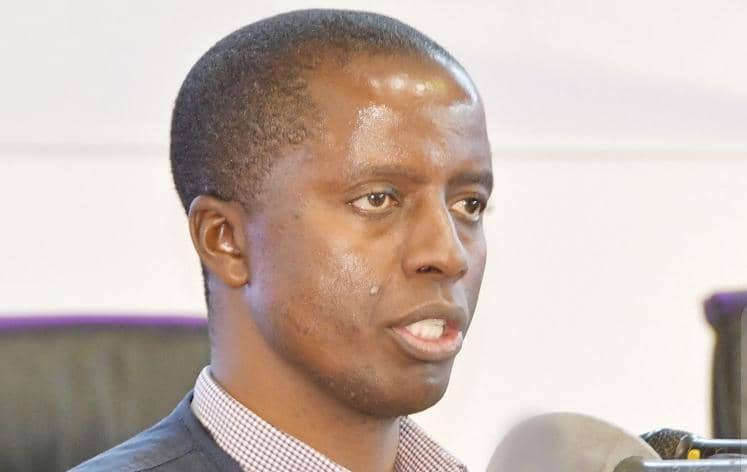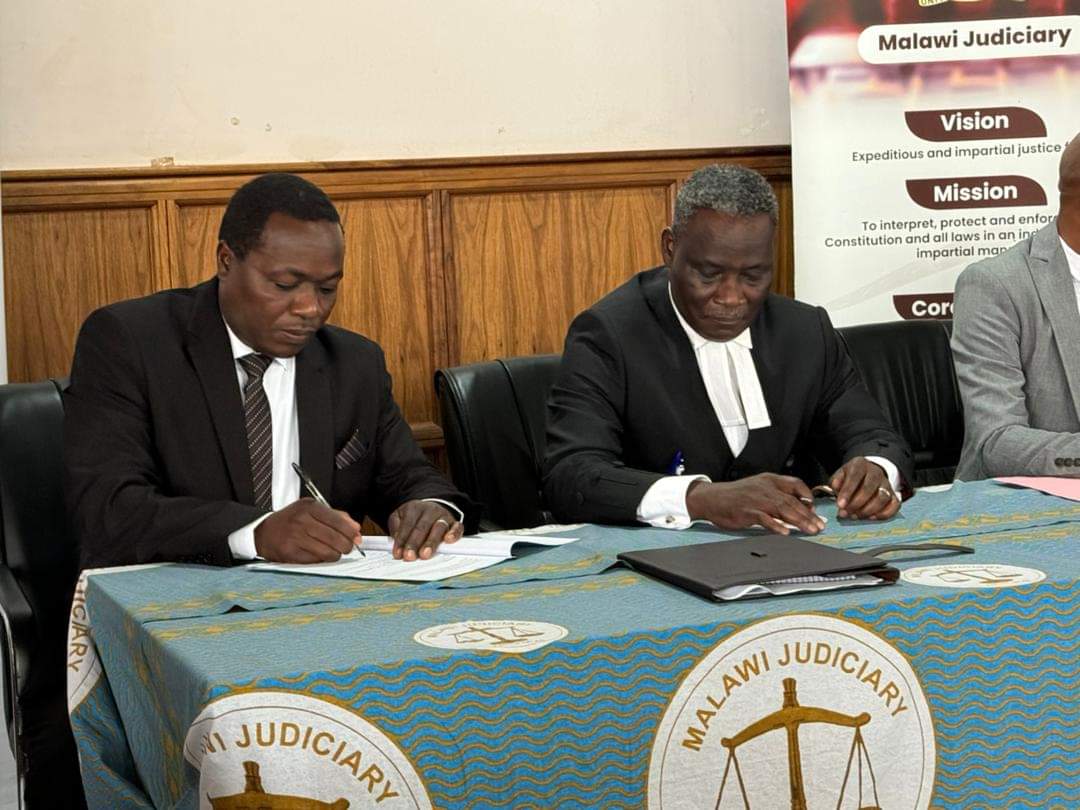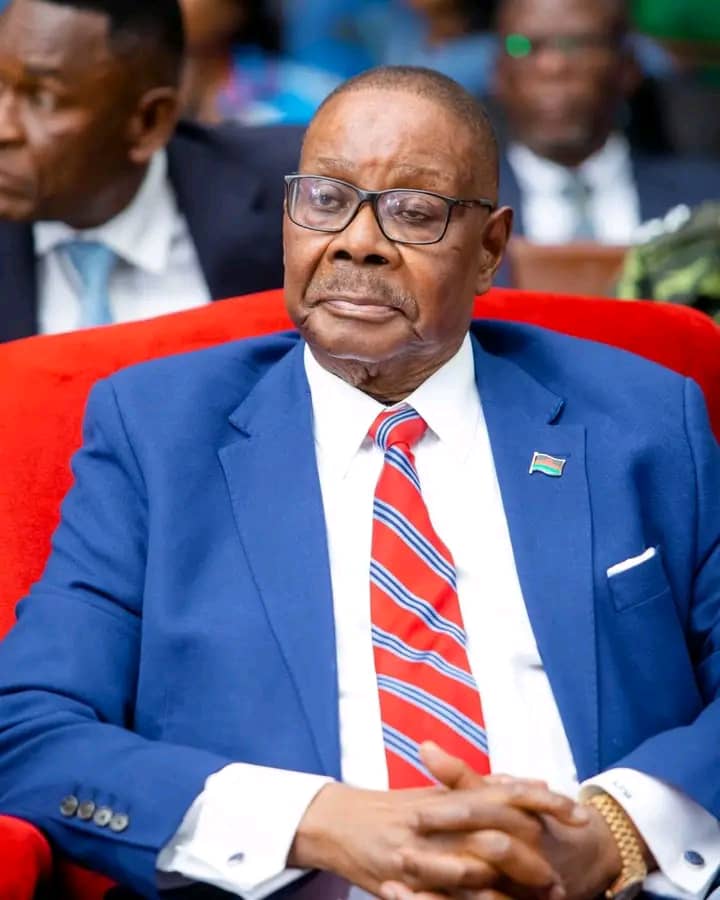By Burnett Munthali
Malawi Electoral Commission (MEC) spokesperson Sangwani Mwafulirwa has provided insights into the nomination fees for the 2019 elections, reflecting on how they had evolved from previous years. These fees, which vary according to the type of election and the candidate’s demographic group, were revised upwards from those in the 2014 elections, marking a significant shift in the financial expectations placed on candidates.
In 2019, the nomination fees were structured as follows:
Presidential Candidates: Both male and female candidates paid a fee of K2,000,000 to contest in the presidential race. This was a notable increase from the K1,000,000 fee charged during the 2014 elections.
Parliamentary Candidates: Fees were differentiated based on gender and specific groups. Male parliamentary candidates were required to pay K500,000, while female candidates paid K250,000. For youth candidates, the fee was set at K375,000, while candidates with disabilities were also required to pay K250,000. By comparison, the fees in 2014 were K200,000 for male candidates and K150,000 for female candidates.
Local Government Elections: Male candidates in these elections paid K40,000, while female candidates were charged K20,000. The youth candidates paid K30,000, and candidates with disabilities were charged K20,000. These fees also represented an increase from the 2014 rates.
This fee structure was introduced to balance the financial demands on candidates while attempting to encourage participation from underrepresented groups, including women, youth, and people with disabilities. Mwafulirwa noted that the differential fees were intended to promote inclusivity by making it more affordable for these groups to participate in the electoral process.
However, the higher nomination fees also sparked debate, with some expressing concerns that these costs might still pose barriers to entry for candidates with fewer financial resources, particularly at the parliamentary and local government levels. Mwafulirwa acknowledged these concerns, but emphasized MEC’s commitment to fostering a fair and equitable electoral process that encourages diverse participation across gender, age, and ability lines.
The review of nomination fees will likely continue to be a point of interest and debate as Malawi prepares for future elections, with stakeholders weighing the benefits of inclusivity against the practicalities of campaign funding and electoral management.




